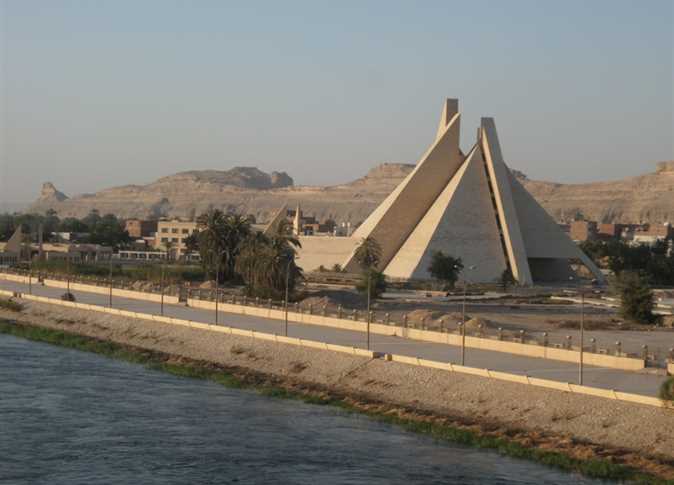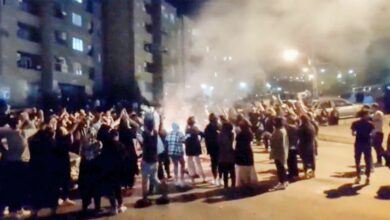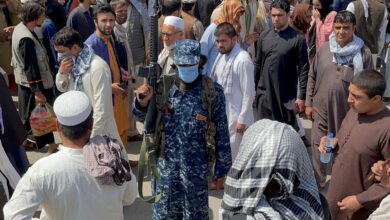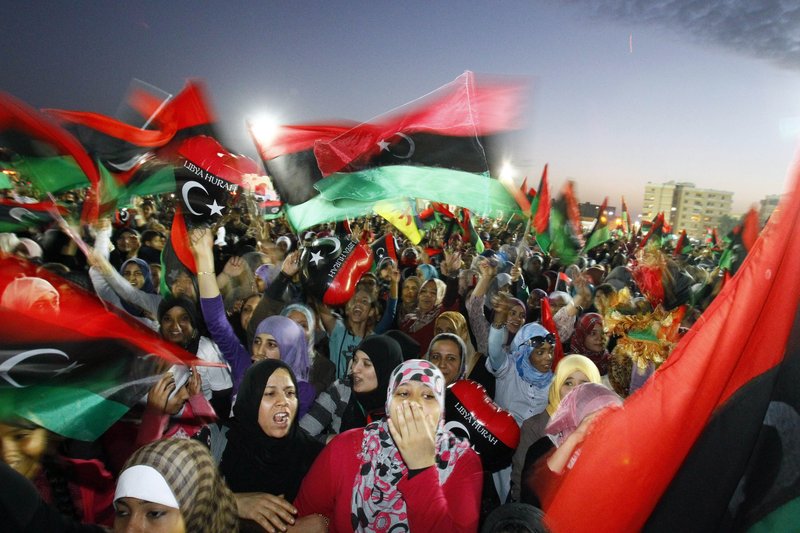It has been a year since a furious wave of popular uprising overthrew former President Hosni Mubarak on 11 February. For some, this year marks a turning point in their lives, with unprecedented experiences that awaken long-buried feelings of patriotism and ownership barely forgotten under the decades-old regime’s suppression.
The first anniversary of the 25 January revolution triggers the memories of thousands who have been living the crucial moment of the revolution’s first spark. Some spoke of being caught off guard, never expecting the regime would fall after a series of popular protests. And this successful popular uprising reinstated a sense of national pride, long absent for many who consider themselves disenfranchised by Mubarak’s dictatorship.
“I was kind-of sure that 2011 would witness a dramatic political change because the presidential elections were supposed to be held that year,” says Ashraf Rabaei, a software developer.
From the very beginning of the protests, the 27-year-old had high hopes for the revolution to succeed.
“When I saw how Tunisians were able to stand against Ben Ali and forced him to step down, I believed that we could also make a change,” he says.
“If you see someone achieving the impossible, it is not impossible anymore,” Rabaei says.
Rabaei was among the thousands who took to the streets on 25 January looking desperately for a lingering hope of democracy and freedom that had been killed off long ago by the regime’s corruption and oppression.
“I was really optimistic on the first days of the uprising. Egyptians proved that they are really civilized and positive people. But after the speech of Hosni Mubarak, disappointment gripped me,” Rabaei says. “Almost everyone I know sympathized with him and even asked me to leave the square.”
On 1 February, Mubarak delivered a televised address with a conciliatory approach to announce he would not run for another term. The speech stirred up some anger, but a majority accepted his proposal to leave office after the elections in September, touched by his patriotic words about his services to the country.
However, Rabaei regained faith in the revolution after the image of Mubarak’s old regime officials was discredited following the “Battle of the Camel” that took place 2 February. Senior officials and members of the now-dissolved National Democratic Party had allegedly been involved in conspiring to kill protesters and inciting attacks aimed at dispersing protesters using camels and horses.
Unlike Rabaei, Salma Seif, a 22-year-old teacher, did not expect the protests to turn into major rebellion across the country.
“I participated more than once in protests against police torture in the Khaled Saeed case, but we were just a small group of people that did not pose a threat for the government,” she says.
Though Seif took to the streets from the first day of the revolution, she believed back then that protester’s voices would never be heard. “I thought people would run back to their homes after the police crackdown,” Seif says.
But the stiff resistance on 28 January from all segments of society made her believe the events indicated the “nation’s anger,” not merely a one-day protest.
“I almost suffocated from the tear gas used by Central Security Forces, and I thought of leaving. But the more that brutality and violence erupted, the more I insisted on remaining in the square,” Seif says while recalling her experience on the Friday of Anger.
The sense of unity during the 18-day revolution restored her pride in being Egyptian.
“My parents have instilled national loyalty in me since I was a child. I thought only a few people shared the same feelings. When people stood as one in these difficult circumstances, I came to realize that we were able to establish a real state that right now sure feels like a homeland,” says Seif.
Rabaei, however, was like many Egyptians who thought of moving to another country. But the days he spent in the square made him feel his love for Egypt for the first time ever.
“I discovered that the problem was the regime, not the people, because we have proved to the whole world how civilized we are,” he says.
For the older generation, 25 January revolution reinforced the sense of patriotism that has dwindled after the 6th of October War.
“The 6th of October War was the last incident that cultivated patriotic feelings,” says Hussein Azmy, 58, a supermarket owner.
“I was so acutely depressed by the country’s deteriorating state that I lost hope of Mubarak’s downfall because of the old regime’s countless manipulating policies to abort the revolution during the 18 days,” Azmy says.
Azmy now has changed his perspective on the younger generation. He used to underestimate its capability of making positive contribution to the country.
“Thanks to the youth of Egypt, the whole country broke out of the cycle of poverty and corruption and is now striving for noble concepts such as democracy, dignity and social justice.”
Rabaei is planning to join the Tahrir protests on 25 January, as he did last year, but this time he will instead call for an end to military rule.
“What would I celebrate if the revolution’s demands are still not fulfilled? We are still facing the same scenario, but with different faces,” he says with a bitter tone.
But Seif still plans to celebrate.
“I know the country is not back on its feet, but I will celebrate Mubarak’s ouster and the unforgettable days I went through last year,” Seif says.




